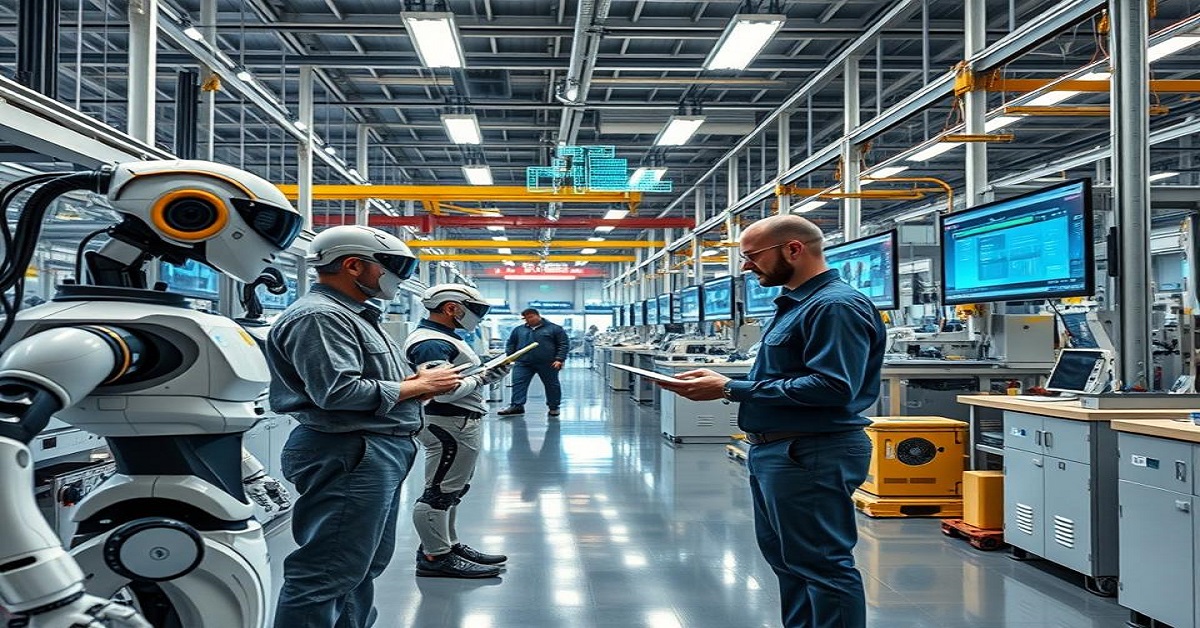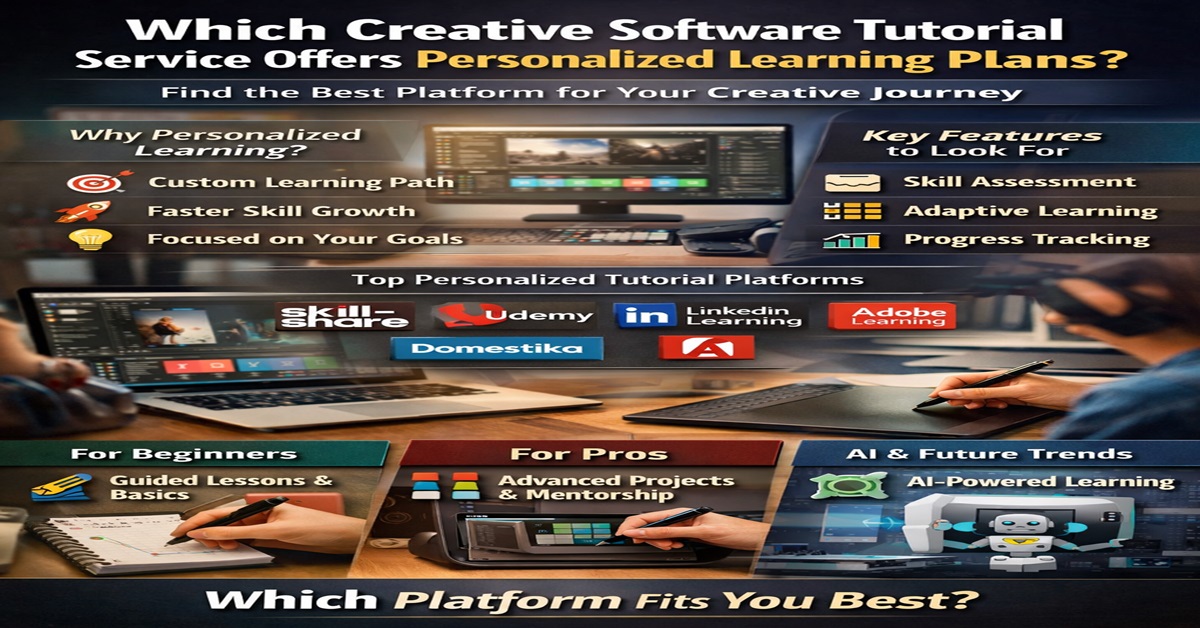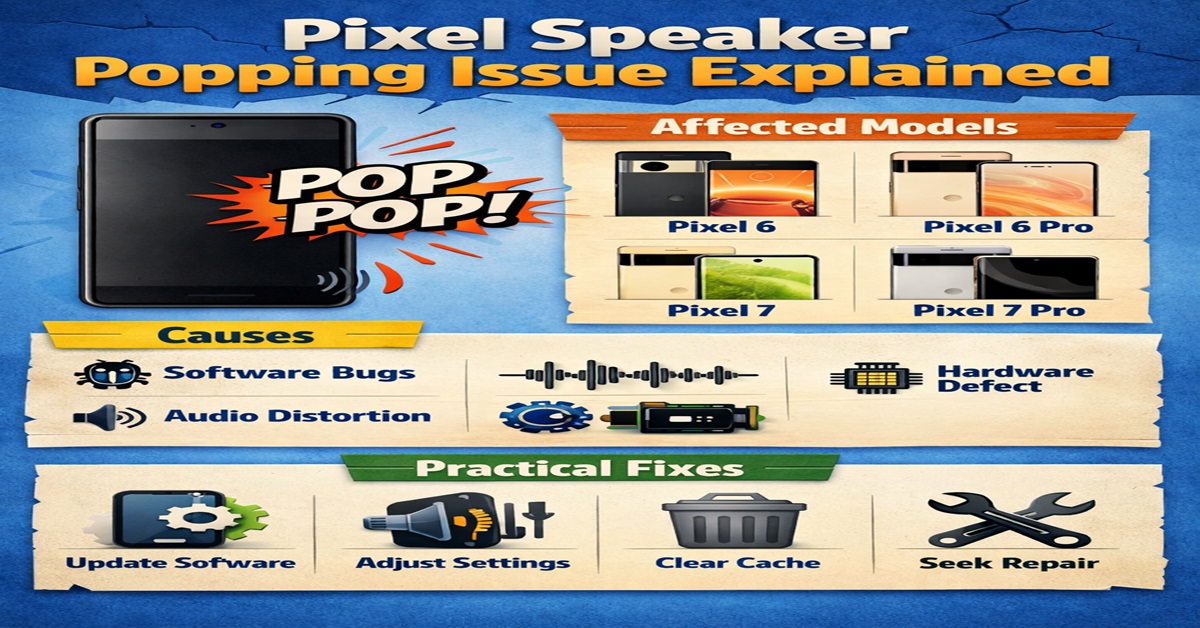In the fast-changing world of American industry, artificial intelligence (AI) is making a big impact. It’s changing how businesses work and come up with new ideas. From the factory to the top levels of management, AI is making things better and more efficient.
This article looks at how AI is used in different ways in industry. It shows how it’s changing the US economy in big ways.
Key Takeaways
- AI is transforming industrial processes through predictive maintenance, quality control, and smart manufacturing.
- AI-powered supply chain optimization and cybersecurity solutions are enhancing operational efficiency and safeguarding industrial systems.
- The future of AI in industry promises greater automation, data-driven decision-making, and innovative career opportunities.
- Data science and machine learning skills are in high demand, shaping the future workforce in the United States.
- Ethical considerations are crucial as AI becomes more deeply integrated into industrial applications.
Unleashing the Power of AI in Industrial Processes
The world of industry is changing fast, thanks to artificial intelligence (AI). AI is making a big difference, from predictive maintenance to AI-driven quality control. Let’s explore how AI is changing the game for businesses.
Predictive Maintenance with AI
AI is making a huge impact on keeping things running smoothly. With predictive maintenance, AI looks at data from sensors to predict when things need fixing. This means less downtime, better performance, and lower costs. Predictive analytics with AI helps companies stay one step ahead, keeping things running smoothly.
AI-Driven Quality Control
AI is also changing how we check the quality of products. With AI-driven quality control, AI uses computer vision to spot defects and ensure quality. This makes products better and saves time by reducing the need for manual checks. By using AI, businesses can catch problems early and make better products.
AI is changing the game for businesses. It’s making things more efficient, productive, and competitive. As we move forward, machine learning basics and ai in finance will be key to the future of industry.
| AI Application | Impact on Industrial Processes |
|---|---|
| Predictive Maintenance | Reduces downtime, optimizes asset performance, and lowers maintenance costs |
| AI-Driven Quality Control | Enhances product quality, streamlines manufacturing, and enables automation |
“AI is transforming the way we think about industrial processes, unlocking new levels of efficiency and productivity.”
AI Applications in Industry: Streamlining Operations
In today’s fast-changing world, artificial intelligence (AI) is changing how industries work. It’s making operations smoother, from managing supplies to automating processes. This leads to better efficiency and productivity for businesses.
AI is greatly impacting supply chain management. It uses data to predict needs, manage stock, and handle logistics. This cuts costs and makes customers happier. AI for smart homes also helps by linking different parts of the supply chain smoothly.
AI is also key in managing inventory. It tracks stock levels and makes smart choices about when to restock. This keeps businesses running well, saves money, and reduces waste.
- AI is automating tasks in industries, freeing people to work on important projects.
- With ai cybersecurity solutions, companies can protect their assets better and avoid disruptions.
As AI becomes more common in industries, businesses see big wins. They save money, make better choices, and stay competitive. By using these new technologies, companies can lead in the changing industrial world.
To learn more about AI in industries, check out artificial intelligence courses. They offer deep knowledge and practical skills in this fast-growing field.
Harnessing AI for Smart Manufacturing
The manufacturing world is changing fast, thanks to artificial intelligence (AI) and the Industrial Internet of Things (IIoT). Together, they are making factories smarter. This change focuses on making supply chains better, with AI playing a big role.
AI-Powered Supply Chain Optimization
AI is changing how we manage supply chains. It gives factories more control and insight than ever before. AI looks at lots of data from devices and systems to guess demand, manage stock, and improve logistics.
This leads to less waste, better efficiency, and quicker responses to customer needs.
- Predictive analytics: AI algorithms can forecast demand, enabling proactive planning and just-in-time inventory management.
- Intelligent routing: AI-powered logistics optimization can determine the most efficient transportation routes, reducing costs and environmental impact.
- Quality control: AI-driven quality inspection can identify defects and issues earlier in the manufacturing process, minimizing waste and rework.
AI and IIoT work together to create a data-driven world. This lets manufacturers make smart choices, adapt fast to market changes, and boost productivity and profits.
“AI is the driving force behind the transition to smart manufacturing, empowering businesses to streamline their operations and stay ahead of the curve.”
As the manufacturing world keeps evolving, using AI and IIoT wisely will be key. It will help companies stay competitive and succeed in the industry 4.0.
AI in Cybersecurity: Safeguarding Industrial Systems
In today’s digital world, keeping industrial systems safe is a top priority. Luckily, ai cybersecurity solutions are changing how companies protect their assets and keep their operations running smoothly.
AI-powered cybersecurity tools are making a big difference in how industries fight cyber threats. They use smart algorithms to scan lots of data, spot patterns, and find oddities that might mean a security issue.
ai cybersecurity solutions are also great because they get better with time. As they handle more data, they learn to spot and tackle new cyber threats. This makes them a strong, always-evolving shield against attacks.
| AI Cybersecurity Capabilities | Benefits for Industrial Systems |
|---|---|
| Anomaly detection | Rapid identification of suspicious activity |
| Predictive threat modeling | Anticipate and mitigate potential vulnerabilities |
| Automated response and remediation | Streamlined incident response and recovery |
By using ai cybersecurity solutions, industrial companies can boost their security. This protects their key infrastructure and keeps their systems running without a hitch.
“AI-powered cybersecurity solutions are a game-changer for industrial organizations, providing a robust and adaptive defense against the evolving landscape of cyber threats.”
As the digital world keeps changing, ai cybersecurity solutions will become even more crucial. They help businesses stay ahead while keeping their operations safe and reliable.
The Future of AI in Industry: Trends and Opportunities
The industrial world is changing fast, and AI is at the heart of it. AI is set to change how businesses work. It’s teaming up with the Industrial Internet of Things (IIoT) to make things more efficient and smart.
AI and the Industrial Internet of Things (IIoT)
AI and IIoT are creating “smart factories” and “intelligent manufacturing.” They combine AI’s data analysis with IIoT’s real-time data collection. This combo is making industries more efficient and automated.
AI is also changing education, which will shape the next industrial workforce. AI-powered learning platforms are becoming common. They help prepare the next generation for an AI-driven world.
| Trend | Impact |
|---|---|
| AI-IIoT Integration | Enables smart factories, intelligent manufacturing, and data-driven optimization |
| AI in Industrial Education | Prepares the future workforce with AI-powered learning and personalized instruction |
As AI’s role in industry grows, businesses that adapt will lead the way. They’ll be ready to succeed in the future.
Learn Artificial Intelligence for Industrial Applications
The world of artificial intelligence (AI) is changing fast. It’s making a big impact in the industrial world. Whether you’re just starting or have lots of experience, learning AI can change your career. There are many resources to help you learn artificial intelligence and get good at industrial AI.
AI Tutorials for Beginners
For newcomers, there are many online ai tutorials for beginners. These tutorials teach the basics of AI, like machine learning and data analysis. They help you understand AI’s core ideas and how to use them in industry.
Comprehensive Artificial Intelligence Courses
If you want to learn more, there are artificial intelligence courses for advanced topics. These courses, from top universities and online sites, cover things like computer vision and natural language processing. They prepare you to handle industrial AI challenges.
| Course Name | Platform | Duration |
|---|---|---|
| Artificial Intelligence for Industrial Applications | Coursera | 6 weeks |
| Industrial AI: Transforming Manufacturing | edX | 4 weeks |
| Advanced Techniques in Industrial AI | Udemy | 8 hours |
To master industrial AI, be curious and dedicated. Keep learning artificial intelligence and try new tutorials and courses. This will help you become an AI expert in the industrial field.
“Artificial intelligence is the future, not the past.” – John McCarthy, AI pioneer
AI Applications in Industry: Transforming Business
Benefits of AI in Manufacturing
Artificial Intelligence (AI) is changing the game in modern industry. It’s making businesses work smarter and more efficiently. AI is improving manufacturing and supply chains in big ways.
One big plus of using AI applications in industry is how it boosts productivity. AI can handle routine tasks, letting people work on creative projects. This makes businesses more efficient, saves money, and increases profits.
AI in manufacturing also changes the game in quality control. AI can look at lots of data, find patterns, and spot problems early. This means better products, less waste, and happier customers.
But AI’s impact isn’t just in manufacturing. It’s also changing healthcare, finance, and customer support. These changes make processes smoother, help with making decisions, and offer more personalized service. This is transforming how businesses work and interact with customers.
As AI becomes more common, the future looks bright for industry. Businesses can become more efficient, innovative, and competitive. This opens up a new era of success and sustainability in the industrial world.
Careers in AI for Industrial Applications
The demand for AI experts in industry is growing fast. AI is changing how we work in many fields. This has created many new job opportunities for those with the right skills.
AI Skills for the Future Workforce
To thrive in AI-driven industries, you need a variety of skills. You should know programming languages like Python and R. Also, understanding machine learning and deep learning is key.
Being able to analyze and interpret data is crucial. Problem-solving, critical thinking, and knowledge of industrial processes are also important. These skills will help you stand out in AI roles.
Some exciting AI jobs in industry include:
- AI Engineer – Designs and implements AI solutions to improve industrial operations.
- Machine Learning Specialist – Works on improving machine learning models for better predictive maintenance and quality control.
- Data Scientist – Uses data analysis to find insights that boost efficiency and guide decisions.
The demand for AI talent in industry is set to skyrocket. By focusing on the right skills, you can be ready for the AI future in industry.
Ethical Considerations in Industrial AI Adoption
Artificial intelligence (AI) is changing how industries work. It’s important to think about the ethics of using this technology. Issues like data privacy, bias in algorithms, and how it affects jobs are major concerns.
Keeping data safe is a top priority. Companies need strong data management plans to protect sensitive information. They must also watch out for bias in AI systems, which can lead to unfair decisions. By auditing algorithms and using diverse data, these risks can be reduced.
The impact of AI on jobs is another big issue. While AI can make things more efficient, it’s important to protect workers. Businesses should focus on training and upskilling to help employees adapt to new technologies.
FAQ
What are the benefits of AI in manufacturing?
AI boosts productivity and quality control in manufacturing. It optimizes supply chains and drives innovation. AI predicts equipment failures and catches defects early, making operations smoother.
How is AI transforming industrial processes?
AI changes industrial processes in many ways. It predicts equipment failures and improves quality control. It also optimizes supply chains for better efficiency.
What are the emerging trends in the future of industrial AI?
The future of industrial AI includes more AI and IIoT integration. This makes manufacturing smarter and more connected. AI also boosts cybersecurity, protecting against threats.
How can I learn artificial intelligence for industrial applications?
Many educational resources are available for learning industrial AI. Online courses, tutorials, and certifications can help. You’ll learn machine learning, AI automation, and AI-technology integration.
What are the career opportunities in the field of industrial AI?
The demand for AI skills in industry is high. Jobs like AI engineers, machine learning specialists, and data scientists are emerging. They use AI to innovate and improve efficiency in manufacturing and supply chains.
What are the ethical considerations in the adoption of AI in industry?
AI in industry raises ethical concerns like data privacy and bias. It’s important to consider AI’s impact on the workforce. Ethical AI development ensures it benefits businesses and society.








